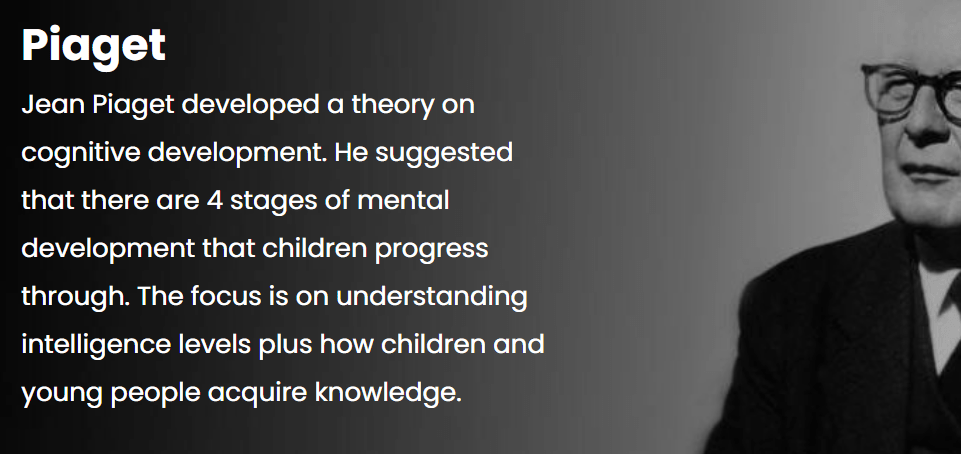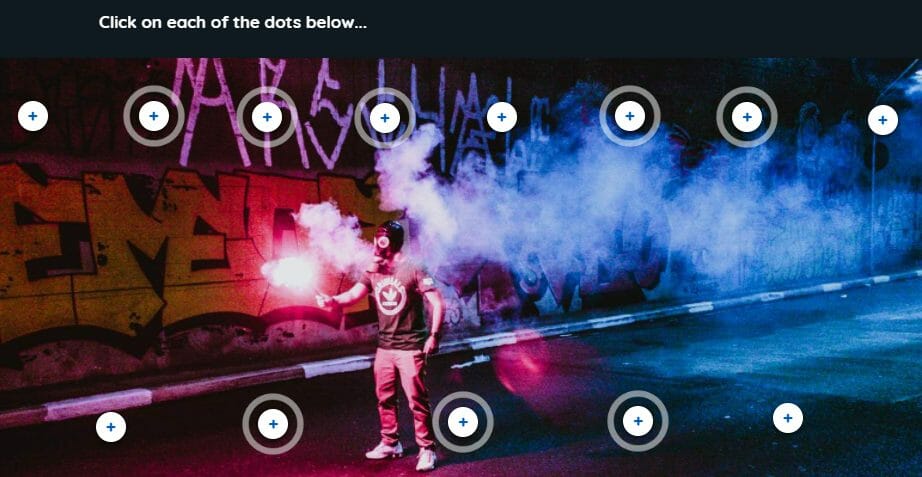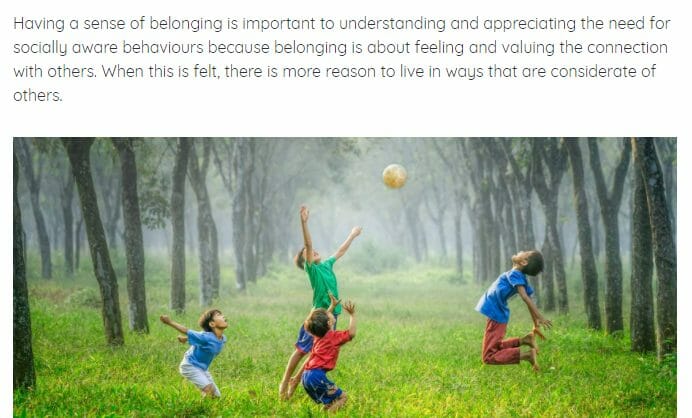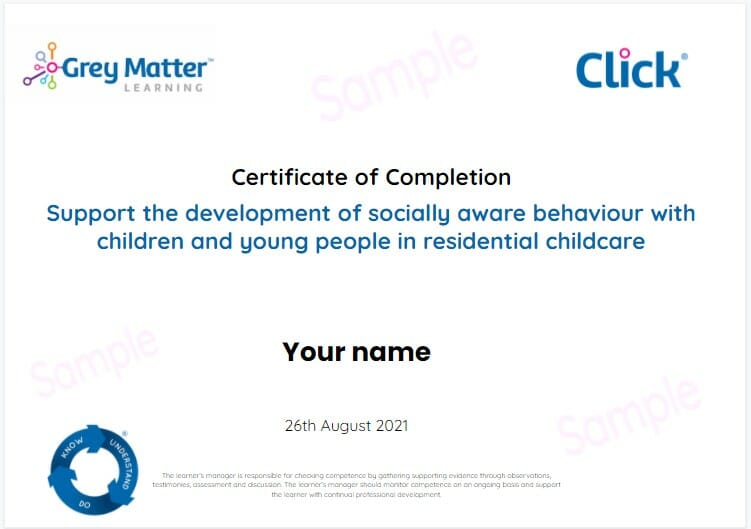Support the Development of Socially Aware Behaviour with Children and Young People in Residential Childcare

When a child or young person grows up in a healthy family home they will usually develop behaviours that demonstrate awareness of normal social rules and conventions. They will be surrounded by role-models such as their parents, who reflect socially aware behaviours, and will naturally learn from them.
For some children this is not the case. They may be faced with the need to develop socially aware behaviour in another environment, such as a children’s home. Staff, in these environments, often seek to undo the poor behaviours they may have learnt in their past, to support them to develop positive ways of being in society.
This online course explores the development of socially aware behaviour, and how this can be modelled and enhanced by those working with children and young people living in residential childcare.
Who should take this online course?
This training course has been designed specifically for people working with children and young people. It may also be useful to a wider audience of people who would like to know more about supporting children and young people to develop socially aware behaviour. The online course provides content to meet qualification units relating to residential childcare.
We offer our courses for your LMS as SCORM files. Depending on the scope of what you need there may be a charge for this. Please connect to discuss it with us.
Course Content
1.1 Summarise theories of behaviour development in children and young people
1.2 Explain the links between positive relationships and socially aware behaviour
1.3 Explain why a CYP might actively seek out negative reinforcement through unacceptable behaviour
1.4 Summarise own organisation’s policies and procedures to support socially aware behaviour
1.5 Explain the importance of using own actions to model socially aware behaviour
2.1 Adapt communication with a child or young person to their level of ability and understanding
2.2 Support a CYP to recognise the benefits of socially aware behaviour
2.3 Support a CYP to understand when their behaviour is socially aware and when it is unacceptable
2.4 Work with a CYP to gain shared understanding of the choices they are making about behaviour
2.5 Support a child or young person to understand the consequences of their behaviour
2.6 Work with a CYP to develop a shared understanding of their behaviour triggers
3.1 Work with a CYP, key people and others’, to agree expectations about socially aware behaviour
3.2 Agree actions that will provide ‘consistent support’ to a CYP in working towards targets
3.3 Support a child or young person to agree indicators that show they are meeting expectations
3.4 Record agreed expectations, actions and indicators in relevant plans
4.1 Provide consistent support to a child or young person to help them meet agreed expectations
4.2 Support key people in providing consistent support to a CYP to help them meet expectations
4.3 Use ‘activities’ to support a child or young person to meet agreed expectations
4.4 Feedback to the child or young person about their behaviour
4.5 Share observations about behaviour with key people and others to monitor progress
4.6 Encourage progress towards agreed expectations through positive feedback and praise
4.7 Why recognising and praising all observed progress towards agreed expectations is important
5.1 Access help and support where there are concerns about the behaviour of a child or young person
5.2 Use ‘agreed interventions’ when a CYP is behaving in an unacceptable way
5.3 Work with a CYP to develop their understanding of how they could respond differently
5.4 Record progress towards the achievement of expectations in line with work setting requirements
5.5 Record instances of socially unacceptable behaviour in line with work setting requirements
6.1 Summarise the legal context and key principles relating to physical intervention and restraint’
6.2 Analyse the impact of physical intervention and restraint on values and relationships
6.3 Ethical reasons why restraint must always me regarded as an action of last resort
6.4 Describe the post incident support needed for a CYP after an instance of restraint
6.5 Explain why it is important to work with a CYP to record their feedback after restraint
Aims of the course
By the end of the training course, you will:
- Principles for supporting the development of socially aware behaviour in children and young people.
- Supporting children and young people to understand their actions relating to socially aware behaviour.
- Agreeing expectations about socially aware behaviour.
- Supporting children and young people to achieve targets and adhere to agreed expectations.
- Responding to instances of socially unacceptable behaviour.
- Understanding the use of physical intervention and restraint.
Course Screenshots




Social Care Unlimited Course and Certificate Package
Price options are per user per month, inclusive
- Most FlexibleMonthly Plan 6 excluding VATUnlimited Access to ALL coursesNo set-up fees or hidden chargesTraining MatrixPrice per person, per month1 month notice period
- Better than Half PriceAnnual Plan 3 p/month (exc. VAT)Unlimited Access to ALL coursesNo set-up fees or hidden chargesTraining MatrixPrice per person, per yearBilled Annually
- For organisationsMultiple Plan POA For multiple staff, contact us for a demo, bespoke pricing and a dedicated account managerUnlimited Access to ALL coursesNo set-up fees or hidden chargesTraining MatrixPOANotice Period: By arrangement
Recycle Licences
Our plans allow organisations to recycle licences instead of always purchasing more credits - no hidden charges for changes in staff! If you would like to purchase more than 50 licences, book a demo and know more please contact us.
If you sign in to your account on Click before you take this training course, you will be able to change the accessibility settings to suit your needs. This includes translation into 100+ languages, some of which can also be read out loud to you.
Supervision Skills for Managers
FREE Supervision Skills for Managers Online Training Course Supervision is linked to fundamental standards, which in turn, are linked to the Care…
PPE (COVID-19) Essentials
PPE (COVID-19) Essentials Online Training Course PPE is used in all areas of industry to protect employees from hazards. In health and…
Stress and Resilience Course
Who should take this course? This course has been designed specifically for Care and Support Workers working in a social care setting….
Why use Grey Matter Learning?
- Our methodology values previous learning, saving time
- Clever accessibility settings including 100+ languages
- 100+ high quality courses, specially written for care
- Join thousands of services and local authorities
- Proven to reduce staff turnover and improve CQC ratings
- Established 15 years - we know what works
- Skills for Care Centre of Excellence, CPD certification
- No hidden charges, we recycle your licences








Social Care Hubs